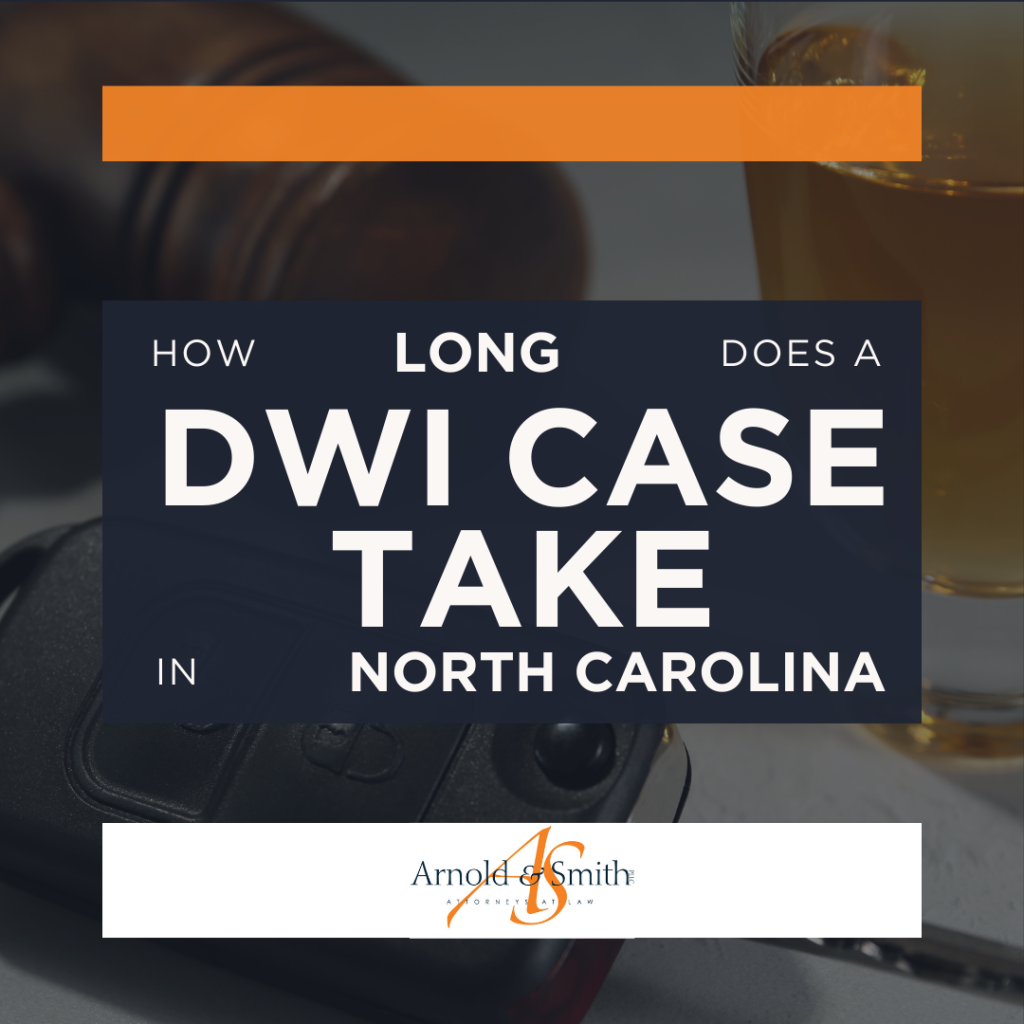 How Long Does a DWI Case Take in North Carolina?
How Long Does a DWI Case Take in North Carolina?
Driving while impaired (DWI) is essentially the same as driving under the influence (DUI). In North Carolina, as in other states, you could be criminally charged with DWI if you are found to be driving while under the influence of alcohol or drugs. As someone who generally stays out of trouble, this could be the first time you are facing criminal charges in North Carolina. The experience can be daunting, and the process can be somewhat lengthy. Unlike a simple traffic violation, a DWI case will proceed through the criminal court system. It is helpful to understand the DWI process.
Arrest and Arraignment
 Charlotte Criminal Lawyer Blog
Charlotte Criminal Lawyer Blog










